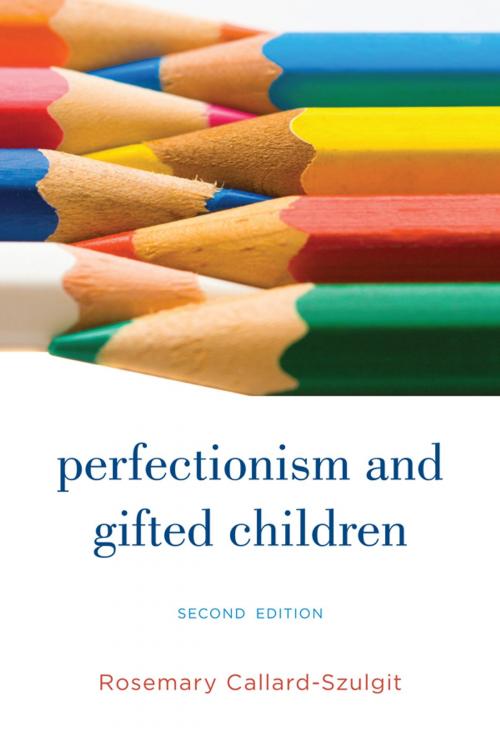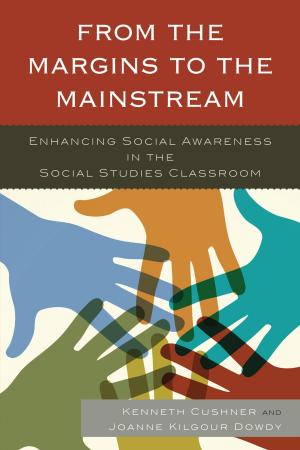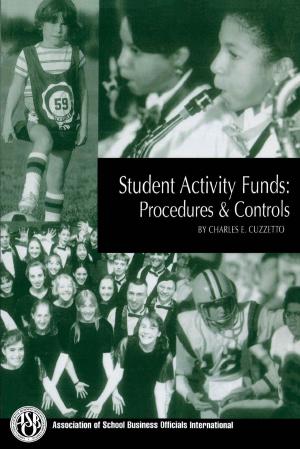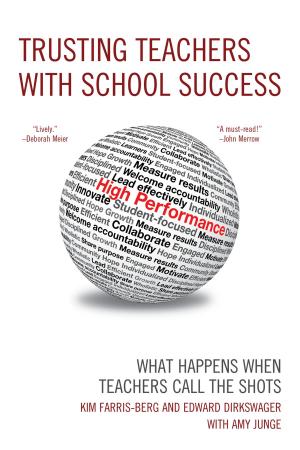Perfectionism and Gifted Children
Nonfiction, Reference & Language, Education & Teaching, Special Education, Gifted| Author: | Rosemary S. Callard-Szulgit, EdD, University at Buffalo; author, "Perfectionism and Gifted Children" | ISBN: | 9781610486804 |
| Publisher: | R&L Education | Publication: | July 31, 2012 |
| Imprint: | R&L Education | Language: | English |
| Author: | Rosemary S. Callard-Szulgit, EdD, University at Buffalo; author, "Perfectionism and Gifted Children" |
| ISBN: | 9781610486804 |
| Publisher: | R&L Education |
| Publication: | July 31, 2012 |
| Imprint: | R&L Education |
| Language: | English |
Parents and educators expect gifted children to be well-behaved, studious, and hard working. Why, then, do so many have trouble in school? According to Dr. Rosemary Callard-Szulgit, perfectionism—the number one social-emotional trait of gifted children—can actually immobilize some children and cause social adjustment problems for others. This explains why so many of today's gifted children do not, or cannot, complete school assignments or even follow through on personal responsibilities.
During her forty-five year career, Callard-Szulgit has helped hundreds of students and their parents recover from the harmful effects of being perfectionists. In her second edition of Perfectionism and Gifted Children, Callard-Szulgit provides practical insight into perfectionism, discussing why so many gifted children are perfectionists while also providing common sense solutions to the problems this presents. This book will be helpful to families and educators of gifted students, as well as to gifted children themselves. The expanded question and answer section will better help parents and teachers ease children’s anxieties and behaviors that stem from the problems of perfectionism. Appendixes list current associations and advocacy groups, Internet resources, journals and magazines that address the special needs of the gifted and talented.
Parents and educators expect gifted children to be well-behaved, studious, and hard working. Why, then, do so many have trouble in school? According to Dr. Rosemary Callard-Szulgit, perfectionism—the number one social-emotional trait of gifted children—can actually immobilize some children and cause social adjustment problems for others. This explains why so many of today's gifted children do not, or cannot, complete school assignments or even follow through on personal responsibilities.
During her forty-five year career, Callard-Szulgit has helped hundreds of students and their parents recover from the harmful effects of being perfectionists. In her second edition of Perfectionism and Gifted Children, Callard-Szulgit provides practical insight into perfectionism, discussing why so many gifted children are perfectionists while also providing common sense solutions to the problems this presents. This book will be helpful to families and educators of gifted students, as well as to gifted children themselves. The expanded question and answer section will better help parents and teachers ease children’s anxieties and behaviors that stem from the problems of perfectionism. Appendixes list current associations and advocacy groups, Internet resources, journals and magazines that address the special needs of the gifted and talented.















